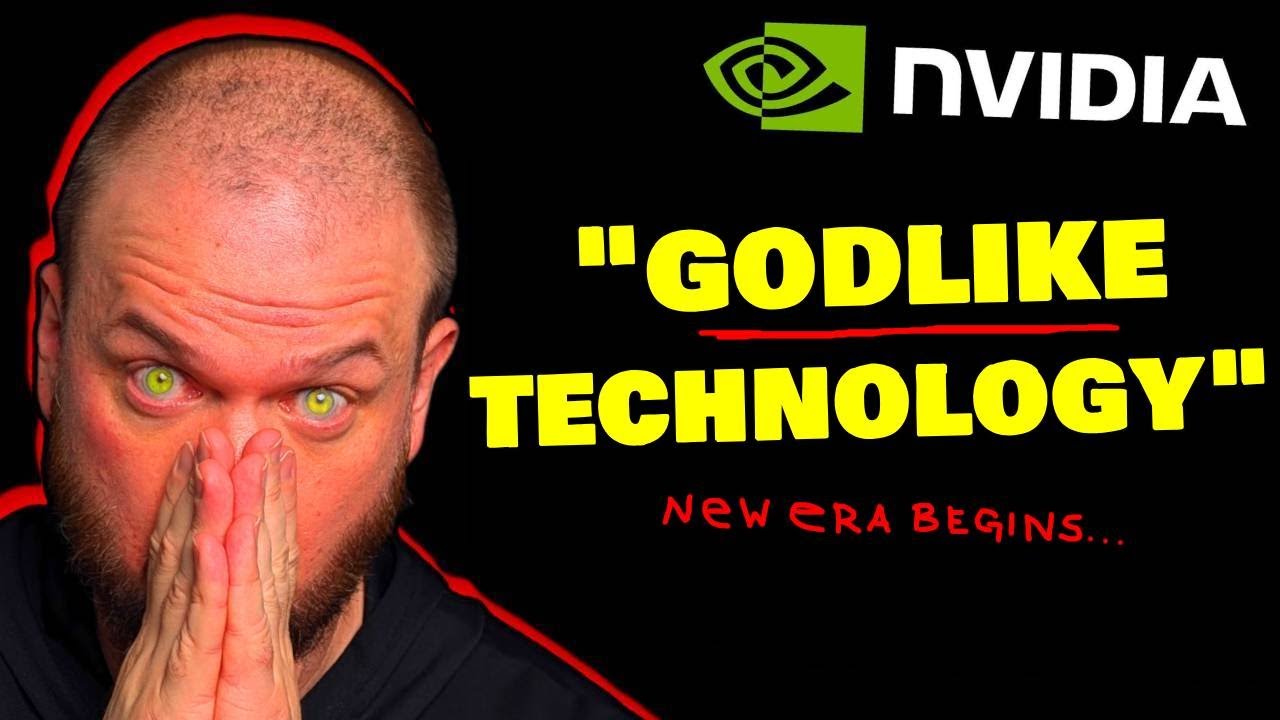NVIDIA researcher Dr. Jim Fan predicts that by 2025, advanced humanoid robots will become commonplace in daily life, aided by innovative training methods and the integration of AI, making them capable of performing complex tasks. He emphasizes the importance of responsible development and application of these technologies, highlighting initiatives like “Project Groot” aimed at enhancing robotic cognitive abilities and the potential impact of quantum computing.
In a recent discussion, NVIDIA researcher Dr. Jim Fan shared his insights on the rapid advancements in AI and robotics, particularly looking ahead to 2025. He emphasized that we are on the brink of a transformative era where advanced robots will become ubiquitous in our daily lives. Dr. Fan highlighted the significance of humanoid robots, noting that their design aligns with human environments, making them more practical for various tasks. He mentioned notable projects like Tesla’s Optimus and Boston Dynamics’ Atlas, which showcase the capabilities of humanoid robots in real-world applications.
Dr. Fan also discussed the innovative training methods being employed in robotics, particularly the use of simulation environments where robots can learn and adapt at an accelerated pace. By simulating physical laws and conditions, robots can practice tasks millions of times before being deployed in real-world scenarios. This “Sim-to-Real” transfer has proven effective, allowing robots to learn complex movements and tasks efficiently. He expressed excitement about the potential for affordable robotic hardware, predicting that within a few years, middle-class families could own advanced robots for household chores.
The conversation also touched on the integration of AI in various fields, including the development of AI models that can learn and adapt in real-time. Dr. Fan highlighted the importance of large language models and their evolving capabilities, which are beginning to surpass human benchmarks in areas like mathematics and coding. He noted that as AI continues to advance, it may start to drive research and development in robotics, leading to even more sophisticated systems that can perform tasks autonomously.
Dr. Fan introduced the concept of “Project Groot,” an initiative aimed at creating a general-purpose AI brain for robots. This project seeks to enhance the cognitive abilities of robots, allowing them to process information and make decisions more like humans. He also mentioned the potential of quantum computing, particularly Google’s Willow chip, which could revolutionize problem-solving capabilities by performing complex calculations in a fraction of the time it would take traditional supercomputers.
In closing, Dr. Fan reflected on the broader implications of these technological advancements, quoting Wilson’s observation that humanity grapples with “Paleolithic emotions, medieval institutions, and Godlike technology.” He emphasized the responsibility that comes with building such powerful technologies, urging society to define their roles thoughtfully within our institutions and cultures. As we approach 2025, Dr. Fan expressed optimism about the potential for AI and robotics to be a force for good, provided we make conscious choices about their application in our lives.
